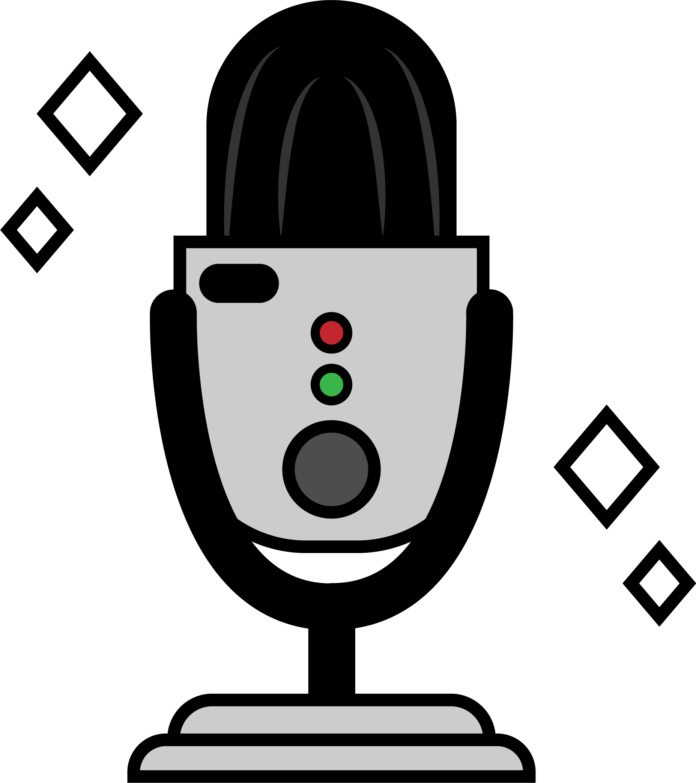
We live in a society where everyone is a journalist.
This was the wise analogy of my first journalistic professor during my freshman year of college, and it couldn’t have been proven any truer.
Society is in a moment where every single voice is amplified, and each voice plays a role in telling the stories that make up our news cycle. The media cycle we consume today has a vast range of personalities and perspectives, and podcasting has emerged at the forefront of modern journalism, whether podcasters are aware of it or not.
Many of the biggest voices in pop culture, sports and other respected fields have invested in using their platforms to hold conversations that serve to both inform and entertain. In the process, many of these figures have become a part of the news cycle and serve as an outlet beyond traditional news sources. With this change, we’ve seen the rise of many new entertainment networks like Barstool, Revolt TV and SpringHill Company gain success in sponsoring and giving a platform to certain podcasts as an extension of the company’s media practices.
The main question that arises within the addition of various new media platforms and voices is what is the intent and purpose, and where do their values lie?
In an era where social media gives people amplified voices but also easy access to instant gratification, hugging the fence between being an active member of the media and gaining money off of entertainment is a dangerous game.
This conflict of interest was particularly apparent to me over the last few weeks during Ye’s, formerly known as Kanye West, press circuit through various news outlets. Following the backlash from his controversial YZY SZN 9 fashion show, Ye went on a press run to visit all of the traditional American news networks, as well as many podcasts and talk shows to discuss his opinions and provide context on his polarizing opinions.
Throughout this run, I was able to compare and contrast various media companies’ approaches to journalistic practices, leading me to question how linear the code of ethics within the media is today. Major news companies and more experienced journalists were able to manage the interviews with Ye in a much more professional manner but didn’t restrict him from voicing his opinions and also didn’t publicly mute anything he said that could cause controversy.
Conversely, within the walls of newer media outlets, I noticed difficulty in defining their moral compass. SpringHill Company, founded by LeBron James and Maverick Carter hosts a show called The Shop, which features barbershop conversations between many influential people in culture. Ye appeared in an episode that the company decided not to air because they believed that Ye used the show to reiterate hate speech that was dangerous.
On the other hand, Revolt TV decided to publish an interview with Ye that week that expressed the same polarizing views and hints of misinformation in their podcast series called Drink Champs. In the interview, Revolt made a statement in the intro asserting that the views of Ye are not the views of the company, but promoted the interview, and seemed amused about the sheer shock value of it. The interview was met with a lot of backlash and was eventually taken down, but it made me question where the ethical line was drawn as well as the difference in approach between Revolt TV and SpringHill Company.
As a journalism student that is familiar with the practices of both old and new media, I can attest to the code of ethics that I was educated to follow. In learning from the Society of Professional Journalists Code of Ethics, the primary values of the media are to seek truth and report it, minimize harm, act independently and to be accountable and transparent. In studying the work of multiple new media outlets during this time period it became clear to me that those ethical values aren’t particularly outlined to the everyday podcaster, leading to a disparity in ethics across the board.
Going forward, while I don’t think podcasters and talk show hosts need a four-year journalism degree, I believe that there should be a brief crash course on ethical approaches to published works of the media to ensure the future of the new media.
For comments/questions about this story, email the.whit.rowan@gmail.com or tweet @TheWhitOnline





